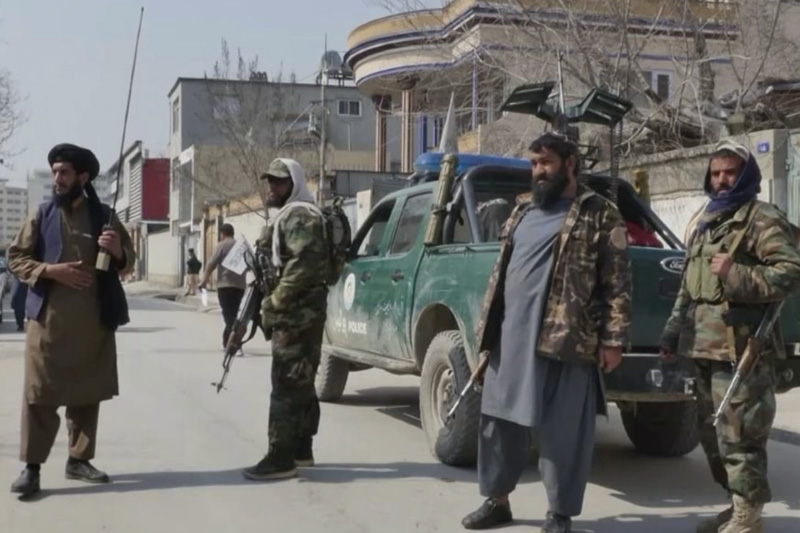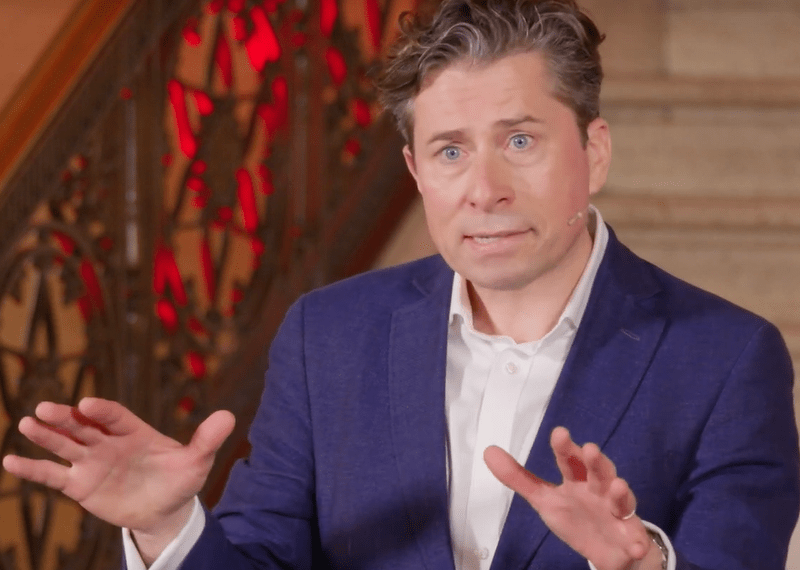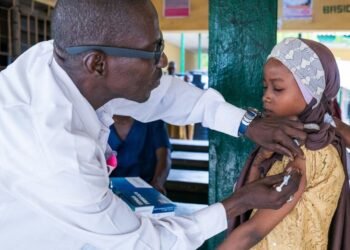Millions of vulnerable people are at risk of death as major lifesaving operations across the globe grind to a halt due to sweeping funding cuts, the United Nations’ top humanitarian official warned on Wednesday, April 30.
Tom Fletcher, the UN Emergency Relief Coordinator, issued a grave appeal from Kandahar, Afghanistan, describing a health crisis spiraling out of control.
“Cutting funding for those in greatest need is not something to boast about… the impact of aid cuts is that millions die.”
Tom Fletcher
During his visit to Mirwais Regional Hospital in southern Afghanistan, Fletcher highlighted the heartbreaking realities on the ground. Hospitals are so overcrowded that “three or four patients have to share a bed,” he noted. In some cases, doctors face impossible decisions, choosing “which lives to save and which lives not to save.”
Multiple UN relief agencies — including the World Food Programme (WFP), the World Health Organization (WHO), the UN Children’s Fund (UNICEF), the UN refugee agency (UNHCR), UNAIDS, and the UN aid coordination office (OCHA) — are being forced to scale back or end critical aid programs.
The consequences of these cutbacks are especially devastating in countries like Afghanistan, where the humanitarian situation is dire. Following over 40 years of war, approximately 22.9 million Afghans — almost half the population — depend on international humanitarian assistance just to survive.

Funding Shortfalls Shutter Health Services
The impact of reduced funding also weighs heavily on Afghan women, particularly those in the health sector. Fletcher noted that the salaries of many female health workers have been slashed by up to two-thirds. The situation adds to growing international concerns over the deteriorating conditions for women in the country, who have faced sweeping restrictions since the Taliban regained power in 2021.
Fletcher addressed these issues directly during meetings with local authorities, including de facto provincial governor Mullah Shirin Akhund. He stressed the importance of supporting Afghanistan through coordinated global humanitarian efforts.
Earlier in his official trip, Fletcher emphasized the crucial link between sustainable development and the rights of women and girls. He made clear that economic progress “was not possible without girls’ education and their full participation in the country’s economy.”
The humanitarian crisis has been worsened by the massive return of Afghan refugees from neighboring countries. In April alone, over 250,000 Afghans were sent back, including 96,000 who were forcibly deported. With the country’s healthcare and social infrastructure collapsing, the influx of returnees presents a colossal challenge.
In Kandahar, Fletcher also toured a refugee reception center where UN agencies and their partners offer emergency services such as health check-ups and cash assistance. But even these critical facilities are under threat due to dwindling funds.
According to UN estimates, more than three million Afghans have lost access to primary healthcare because of the closure of health centers. Aid officials fear that without immediate intervention and financial support from the international community, that number will continue to rise,and so will the death toll.
The UN and its partners are urgently calling on donor nations to restore and increase funding to ensure that life-saving operations continue in Afghanistan and other crisis-hit regions.





















